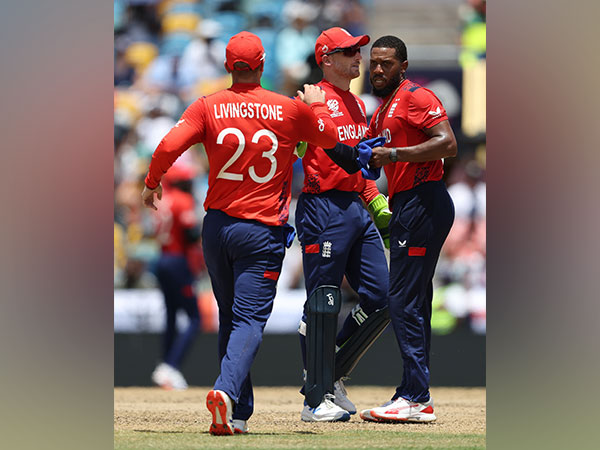The only singer who wanted to sound like Jim Morrison


(Image credit: Alamy)
There are countless stories about Jim Morrison as a wild and untamable force. He seemed to follow his own unique path, completely at the whim of his artistic powers, with no influence other than his vivid imagination. Before his untimely death at 27, Morrison created a legacy as one of history’s ultimate frontmen, with his shamanistic style and unique presence that had never been seen before. But when it came to his voice, Morrison was actually influenced by a number of idols, but these are not the kind of idols you would expect.
Given Morrison’s wild nature, you’d expect his idols or influences to be just as unconventional and crazy. You’d think he’d look up to people who got on stage and put on the same unbridled shows as he did, packed with sex appeal and danger, and with such gripping control over the audience that it’s almost terrifying. Or at least you’d think that Morrison, as one of the key figures in rock history, looked to other rock’n’roll singers for inspiration.
But in reality, Morrison’s personal preferences were much more bourgeois than he would ever admit. Although he wove this mythological energy around himself, with stories about his soul being taken over by ghosts as a child and other crazy anecdotes, he was not immune to the biggest names in music. No matter how otherworldly the Doors singer portrayed himself, he was still influenced by music legends.
When it came to recording The Doors’ debut album, the record’s engineer, Bruce Botnick, was surprised. Botnick had a front-row seat to Morrison’s world of references and influences. After working as a recording engineer on their debut, he stayed in the band’s world and later became their producer for their sixth album, LA Woman, the last one that Morrison participated in. He knew the singer’s recording history from start to finish, recalling their first session: “When Jim came into the studio, he had never recorded before. I didn’t know what he would be like.”
Not knowing what to expect or how the band would work, Botnick set up the studio with his tried and true equipment. “My favorite microphone for vocals is a Telefunken U47,” he said. While that name means nothing to most people, it meant something to Morrison. Botnick recalled, “I showed it to him and said, ‘This is going to be your microphone,’ and he froze and said, ‘This is great.’ I asked, ‘Why is that?’ and he said, ‘That’s the microphone Frank Sinatra sings with.'”
“That’s when I realized he was a big fan of Frank Sinatra,” he continued. “He loved crooners,” Botnick said, “he liked Bing Crosby and Elvis, all crooners.” When recording began, that influence was loud and clear, especially on “The Crystal Ship,” for which Morrison provided an old-fashioned, expressive vocal version and delivered his best Sinatra interpretation in tribute to his unexpected musical idol.



